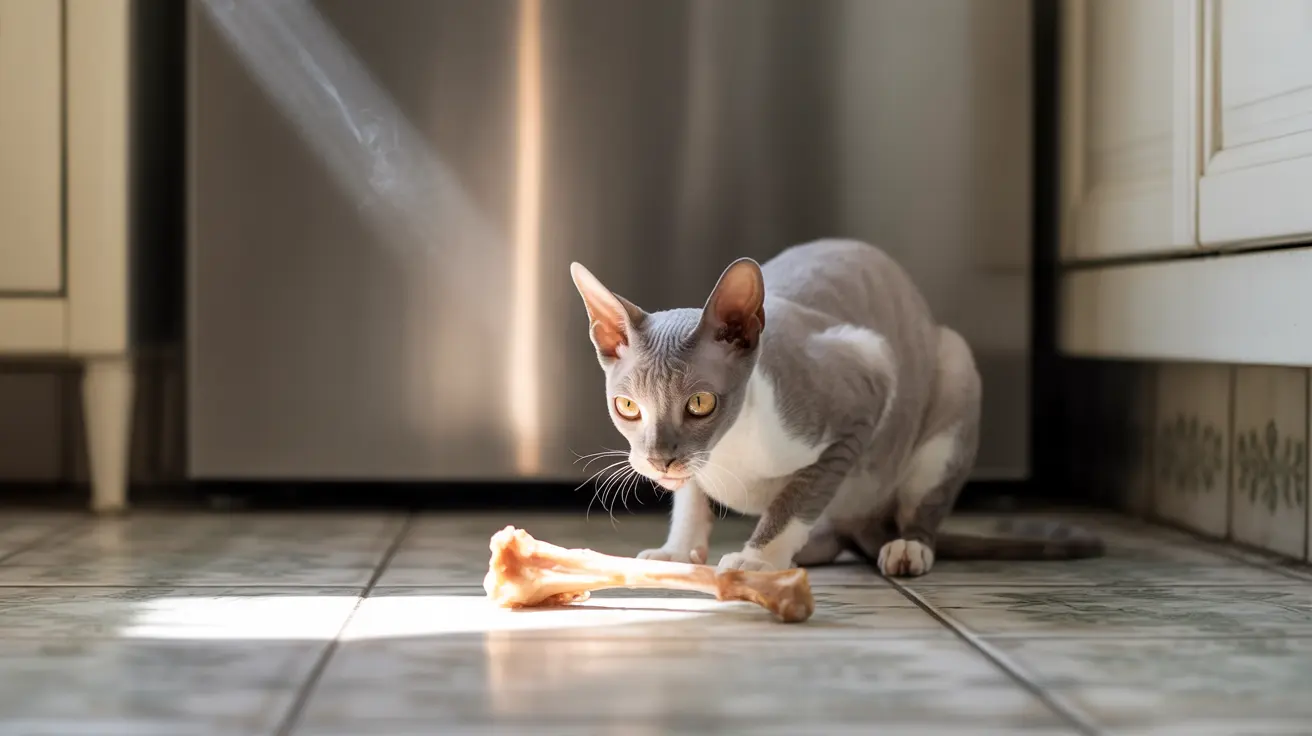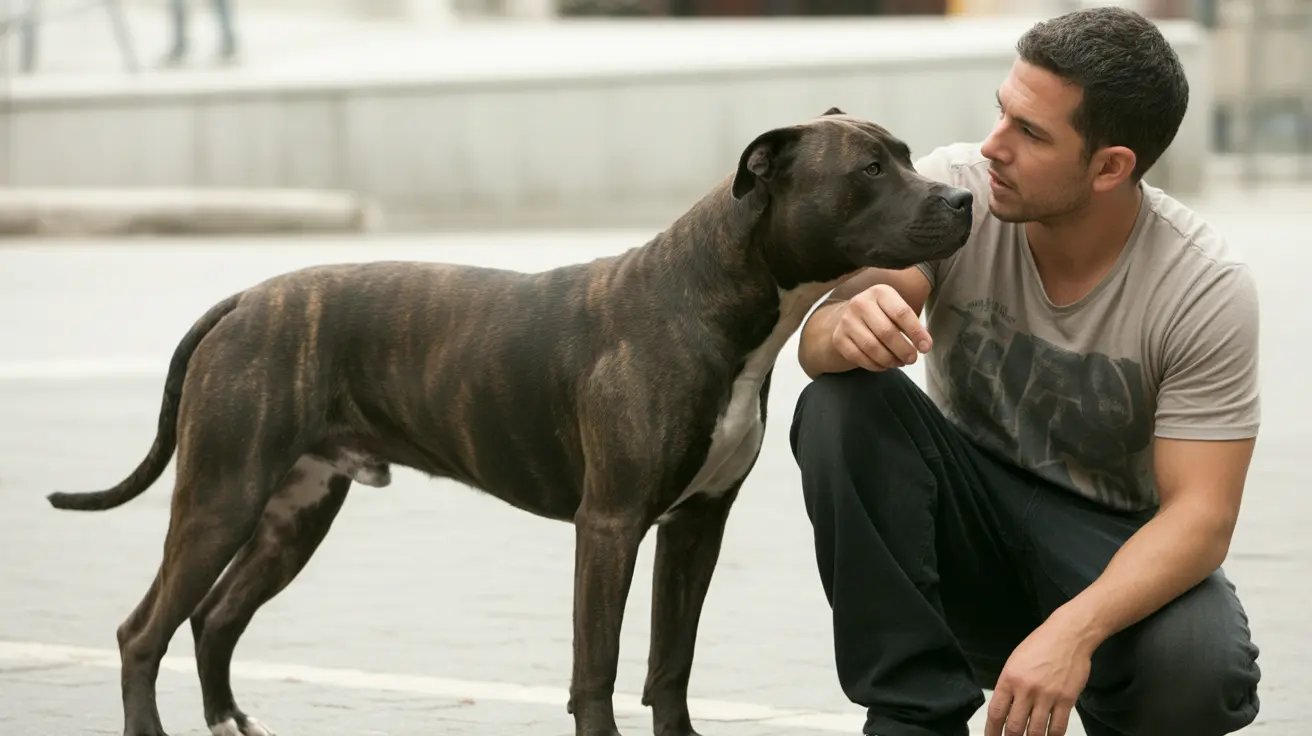Finding out your cat ate a chicken bone can be alarming for any pet owner. While some cats may pass bones without incident, cooked chicken bones pose serious health risks due to their tendency to splinter and potentially cause internal injuries. Understanding what steps to take and when to seek emergency care is crucial for your cat's safety.
In this comprehensive guide, we'll explore the immediate actions you should take, potential complications to watch for, and how veterinarians typically handle these situations. We'll also discuss prevention strategies to ensure your feline friend stays safe in the future.
Immediate Steps When Your Cat Eats a Chicken Bone
If you've just discovered your cat ate a chicken bone, follow these critical steps:
- Remove any remaining bones from your cat's reach
- Observe your cat's breathing and behavior
- Do NOT attempt to induce vomiting without veterinary guidance
- Contact your veterinarian immediately for professional advice
Monitoring Your Cat's Condition
Keep your cat in a quiet, confined space where you can closely monitor them for any concerning symptoms. Watch for:
- Difficulty breathing or swallowing
- Excessive drooling
- Gagging or repeated swallowing
- Vomiting or retching attempts
- Signs of abdominal pain or discomfort
Understanding the Risks of Chicken Bones
Chicken bones can cause several serious complications in cats, particularly when cooked. These include:
Immediate Dangers
- Choking hazards
- Esophageal obstruction
- Mouth and throat injuries
Potential Internal Complications
- Gastrointestinal perforation
- Internal bleeding
- Intestinal blockage
- Bacterial infections
Veterinary Treatment Options
Your veterinarian may recommend various diagnostic and treatment approaches:
- Physical examination
- X-rays to locate the bone
- Endoscopic removal if necessary
- Surgery in severe cases
- Supportive care and monitoring
Prevention Strategies
To prevent future incidents, implement these safety measures:
- Store leftovers securely
- Dispose of bones immediately after meals
- Keep kitchen counters clear during food preparation
- Train family members about proper food disposal
- Consider cat-proof trash containers
Frequently Asked Questions
What should I do immediately if my cat ate a cooked chicken bone?
Contact your veterinarian right away. Monitor your cat closely for signs of distress, but don't attempt to induce vomiting unless specifically instructed by your vet. Keep your cat in a quiet area where you can observe them.
What symptoms indicate my cat may have a blockage or injury from eating a chicken bone?
Watch for vomiting, difficulty breathing, gagging, excessive drooling, lethargy, loss of appetite, abdominal pain, or changes in bowel movements. Any of these symptoms warrant immediate veterinary attention.
Can cats safely digest chicken bones, or do they always cause harm?
While cats may occasionally pass small bones without incident, there's always a risk of serious complications, especially with cooked bones. Raw bones are generally less dangerous but still carry risks. It's best to avoid giving cats any type of bone.
How do veterinarians diagnose and treat cats that have swallowed chicken bones?
Veterinarians typically perform physical examinations and X-rays to locate the bone and assess any damage. Treatment may range from monitoring and supportive care to emergency surgery, depending on the situation's severity.
Are raw chicken bones safer than cooked ones for cats, and why should cooked bones be avoided?
Raw bones are somewhat safer because they're less likely to splinter, but they still pose risks. Cooked bones should always be avoided because they become brittle and can splinter into sharp fragments that may puncture or tear the digestive tract.
Conclusion
While discovering your cat ate a chicken bone can be frightening, staying calm and taking prompt action is essential. Never hesitate to contact your veterinarian, as early intervention can prevent serious complications. Remember that prevention is always better than treatment – keep all bones, especially cooked ones, safely out of your cat's reach.






